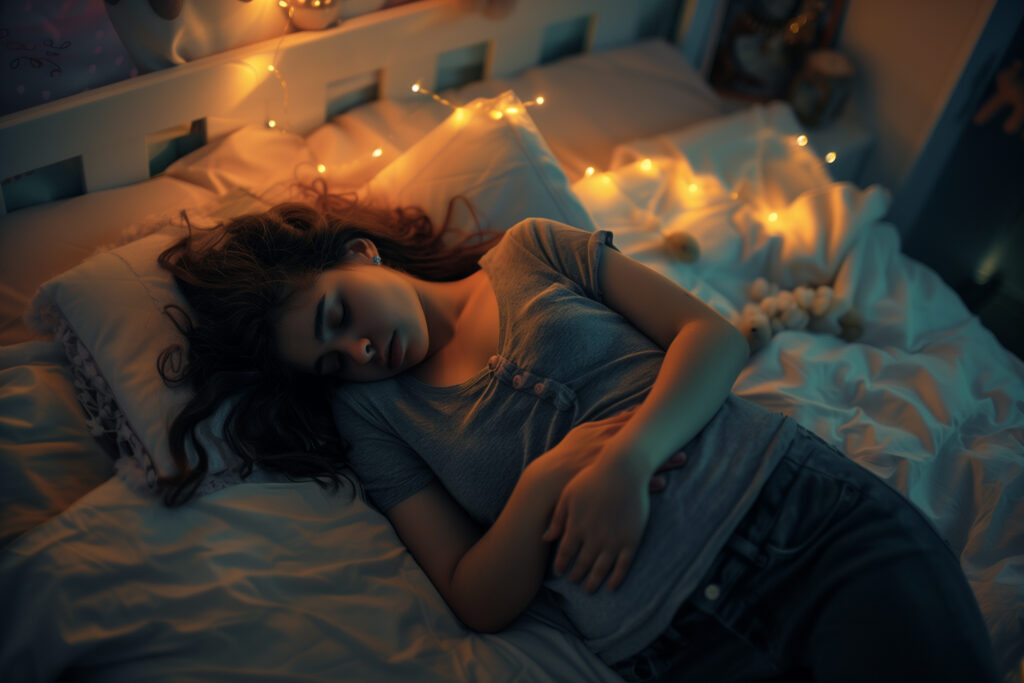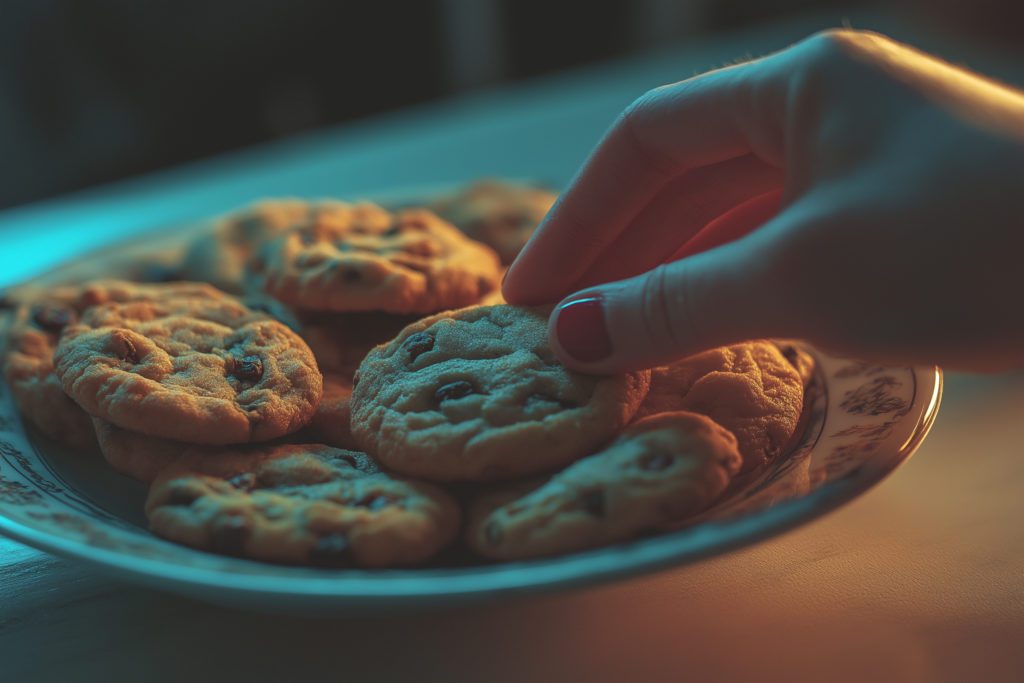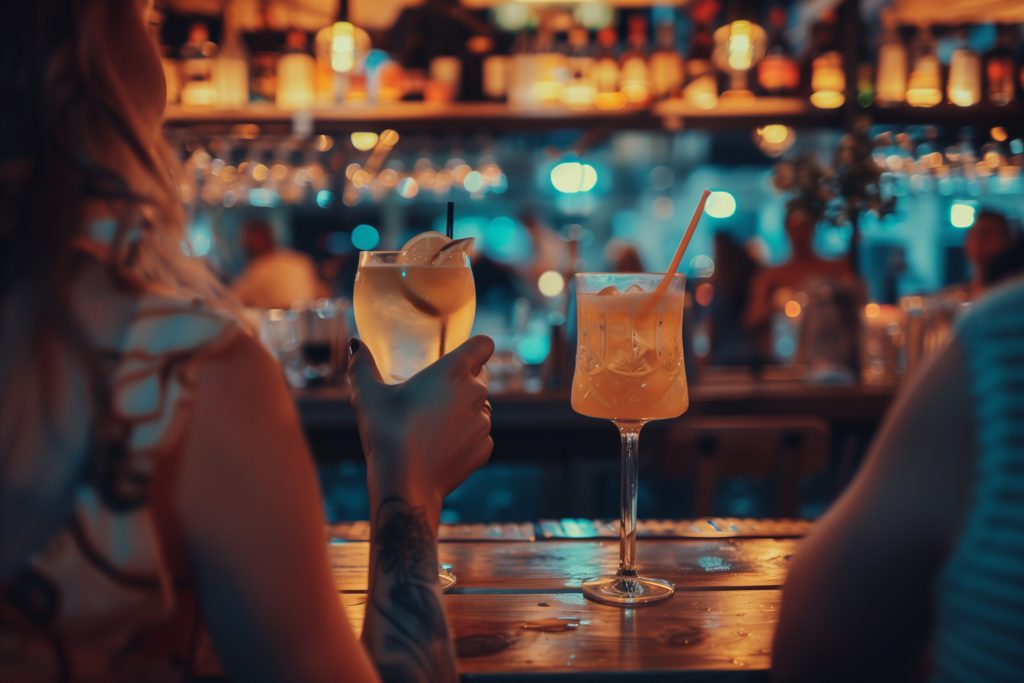
Foods to Avoid Before Sleep
Eating before bed isn’t great for getting a good night’s sleep. Food can be overly stimulating, and heavy meals can make you feel too full to rest comfortably.

However, we all have busy days when we can’t eat earlier in the evening or nights when we’re just too hungry to wait for breakfast – and it’s better to have a small snack than to try to sleep with a growling stomach.
Still, if you are going to eat right before bedtime, some foods are better than others. For example, you likely already know that drinking coffee in the evening is not a good idea. However, coffee isn’t the only food or beverage that can negatively impact your sleep.
Different foods affect the body in different ways, fostering sleepiness or making a person feel more alert. Knowing which foods are most likely to keep you up can help you plan your meals more effectively and wake up feeling more rested.
Here are the top foods to avoid before going to sleep:
Alcohol
This one may surprise you. Many people incorrectly assume that a glass of wine or mixed drink before bed will help them fall asleep. And while you may feel relaxed or even slightly drowsy after a few glasses of wine, the reality is that any type of alcohol will negatively affect your sleep.
Alcohol is well-known for disrupting sleep; many studies confirm it can also make waking up the following morning more difficult. Additionally, more extensive research shows that, while healthy people who drink alcohol before bed tend to fall asleep more quickly, the alcohol quickly wears off and interrupts the natural sleep cycle throughout the night.
Consequently, people often wake up in the middle of the night during the critical restorative stages of sleep. As an added negative, excessive drinking before bed can exacerbate symptoms of sleep apnea and increase your chances of snoring, sleepwalking, sleep talking, and memory problems.
Tomatoes
Anyone who struggles with acid reflux or heartburn likely already knows the damage tomatoes can do before bedtime. Tomatoes are particularly acidic, and once you lie down to sleep, gravity no longer keeps the acid from rising to your esophagus, causing significant pain and discomfort.
Unfortunately, that means pizza, tomato-based pasta sauces, and other foods packed with tomatoes aren’t great meal choices late in the evening. Instead, enjoy these foods earlier in the day when you’ll be upright and less likely to experience acid-reflux issues.
Chocolate
A mug of hot chocolate or warm chocolate chip cookie may seem like the perfect way to end your day, but it could affect your sleep more than you think. Unfortunately for the many dessert lovers out there, chocolate contains caffeine, which can keep the body from falling into a deep sleep. Although it does have less caffeine than coffee, it can still be enough to keep you awake if you already have trouble falling asleep. This is especially true if you’re partial to dark chocolate, which has more caffeine than the milk variety.
Of course, avoiding chocolate altogether isn’t most people’s idea of a good time. The good news is, you don’t have to – just be sure to enjoy your favorite chocolate desserts earlier in the day or at least a few hours before bedtime.
Dried fruit
Dried fruit is high in fiber, which has incredible health benefits, including promoting a healthy digestive system. However, eating all that fiber so close to bedtime can lead to uncomfortable side effects, such as gas and painful bloating.
Additionally, dried fruit is higher in sugar than fresh fruit, which can lead to an unwelcome sugar rush and keep you awake. If you’re craving fruit late at night, choose fresh fruit, like a small apple or a cup of berries instead.
Spicy foods
If you have acid reflux or frequent heartburn, spicy foods can be a strong trigger for painful symptoms, especially late at night when you’re trying to sleep. Spicy foods can also exacerbate irritable bowel syndrome (IBS) or cause a stomachache for people with a sensitive digestive system.
Furthermore, research has shown that consuming red peppers can boost a person’s body temperature, which causes disruptions since core body temperature naturally drops during sleep. Spicy foods, like hot peppers, also have high levels of capsaicin, a phytochemical that increases metabolism and thermogenesis (burning calories for heat). These processes are normal but may interfere with sleep.
Fatty foods
That late-night fast-food run is definitely affecting your sleep, primarily due to the high fat content. Excessive amounts of fat, particularly saturated fat, take longer to digest, so you end up with food in your stomach and your digestive system working in high gear while trying to fall asleep. In addition, the painful bloating that often accompanies fatty foods is also a common culprit behind poor sleep.
For better sleep, try eating complex carbohydrates before bed, such as a bowl of oatmeal with fresh fruit or a couple of slices of whole wheat toast. These foods don’t take as long for the body to digest and trigger the release of hormones, like serotonin, to promote sleep.
Sugary foods
Plenty of research suggests that a diet high in sugar and carbohydrates and low in vegetables is linked to poor quality sleep. Overly sugary snacks can trigger your blood sugar to spike, leading to a sugar high and then causing you to crash later. For this reason, candy, sugary cereals, and most desserts are typically not great nighttime treats.
Heavy meals
You may be more tempted to go to bed after a large, heavy meal, but you’ll likely find it difficult to fall asleep. This is because heavy meals weigh on your stomach and take longer to digest. Additionally, sleeping with a full belly is far from comfortable and may cause issues like indigestion, gas, and bloating.
Instead of waiting for later in the evening, try eating a big lunch and having a lighter dinner to promote healthy sleep. You may also see significant benefits from time-restricted eating, which has been shown to help people avoid waking up throughout the night.
References
- Michael D. Stein, Peter D. Friedmann - Disturbed Sleep and Its Relationship to Alcohol Use
https://www.ncbi.nlm.nih.gov/pmc/articles/PMC2775419/ - Hot Peppers Really Do Bring The Heat
https://www.sciencedaily.com/releases/2008/08/080806140130.htm - Ryoko Katagiri, Keiko Asakura, Satomi Kobayashi, Hitomi Suga, Satoshi Sasaki - Low intake of vegetables, high intake of confectionary, and unhealthy eating habits are associated with poor sleep quality among middle-aged female Japanese workers
https://pubmed.ncbi.nlm.nih.gov/25168926/
FAQ
What are the best foods to promote restful sleep?
Incorporating foods rich in tryptophan, magnesium, and melatonin can enhance sleep quality. For instance, consuming kiwi, tart cherries, fatty fish, nuts, and rice has been associated with improved sleep patterns.
How does intermittent fasting impact sleep quality?
Intermittent fasting may improve sleep by stabilizing blood sugar levels and aligning eating habits with circadian rhythms. However, fasting too close to bedtime can cause hunger that disrupts sleep.
How does timing of meals affect the body’s circadian rhythm?
Eating at irregular times, especially late at night, can disrupt the body’s natural circadian rhythm, leading to poorer sleep quality and daytime fatigue.
Can herbal teas improve sleep quality?
Herbal teas like chamomile, valerian root, and passionflower are known for their calming properties and may promote better sleep. However, avoid caffeinated teas in the evening.
Are there specific nutrients that help regulate sleep hormones?

Written by
Kayla Orange
Articulate Writer and Analytical Editor
Download Pillow
Get help
Press & News
Legal
Connect
X (Twitter)
Company
Copyright © Neybox Digital Ltd.



